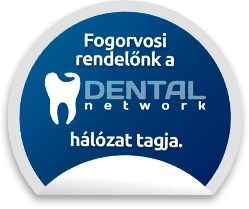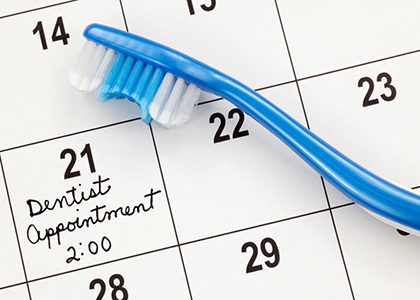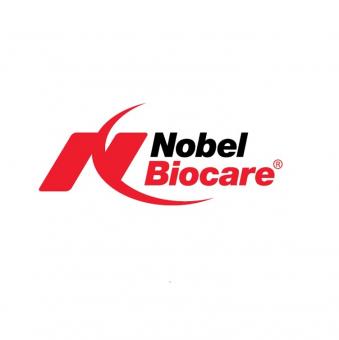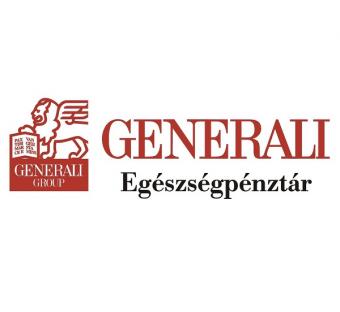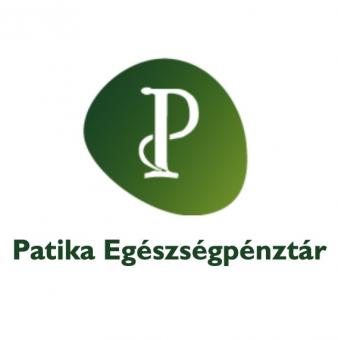What Causes Tartar and How Can It Be Removed?
Tartar, also known as dental calculus, forms from mineral deposits in saliva and plaque on the teeth. It's not just an aesthetic issue; it can lead to periodontal disease. How does tartar form, and how can it be prevented? Can tartar removal be done at home? Our article answers the most common questions about this topic!
What is Tartar and How Does It Form? After eating, food residue can remain on the teeth, between teeth, and in the mouth. This leads to the formation of a thin layer of plaque on the teeth and dental work. This colorless residue creates a favorable environment for pathogens. Over time, the plaque calcifies, becoming a permanent fixture on the tooth surface. This calcification hardens and can discolor over time, turning a yellowish-brown shade. Proper dental and oral hygiene practices can reduce the risk of tartar formation. Later in this article, we provide detailed advice on prevention.
Ultrasonic Tartar Removal Device: Professional Solution Against Calcified Plaque Even with perfect dental hygiene habits, tartar can form. Therefore, it is important that during regular dental check-ups, any stubborn deposits on the tooth surface are removed. This reduces the risk of periodontal disease that can lead to tooth loss, and removes discoloration and bad breath. Most modern dental offices are equipped with an ultrasonic tartar removal device that can remove calcified plaques quickly and painlessly. This method is gentle on enamel and gums.
What is the Cost of Getting Rid of Tartar? Not just for aesthetic reasons but also for health reasons, it is advisable to participate in regular tartar removal sessions. But how much does it cost to get rid of tartar?
The cost of tartar removal in our office is 17,500 forints. The service fee includes tartar removal, polishing, and oral hygiene advice.
Home Tartar Removal: Can It Be Done at Home? Browsing internet forums, video-sharing sites, blogs, and vlogs, you can encounter numerous home tartar removal practices. These might include:
Brushing teeth with salt
Brushing teeth with baking soda
Using scraping tools
Using hydrogen peroxide solution
While these methods might seem tempting and cost-effective for removing annoying calcified plaques, they carry many risks. Home tartar removal is not recommended for the following reasons:
The tooth enamel can easily be damaged due to strong mechanical impact.
Damage can occur to the surrounding soft tissues.
The use of abrasive substances can damage both the teeth and gums.
We recommend that you always consult a professional for tartar removal. Not only does this protect your health, but it also ensures more satisfactory results!
What Can Be Used to Prevent Tartar Formation? Would you like to minimize the risk of persistent discoloration and plaque buildup? Below, we have compiled tips that can effectively help prevent the formation of tartar.
Thorough and Regular Tooth Brushing The most important step in preventing tartar is establishing a satisfactory dental and oral hygiene routine. Any residue left in the mouth after eating can be removed with thorough brushing, thereby preventing plaque calcification and tartar formation.
"Tartar-Removing" Mouthwash Although a tartar-removing mouthwash does not exist, frequent use of mouthwashes can help remove plaque layers. Choose a product with antibacterial properties to aid in the fight against pathogens in the mouth.
Dental Floss, Interdental Brush Often, food stuck in the teeth cannot be removed by brushing alone. Thankfully, dental floss or an interdental brush can help remove debris stuck in tight spaces. Use firm but gentle motions without injuring the gums.
"Tartar-Resistant" Toothpaste Similar to the above, a tartar-resistant toothpaste does not exist. However, it is advisable to use toothpaste with every brushing session as it enhances the effectiveness of plaque removal, contributing to the prevention of tartar.
Regular Dental Check-ups Even with the above tips, tartar can still form. Among other benefits, regular dental check-ups can detect and remove hardened plaques early on, significantly reducing the risk of periodontitis.
Fehérvári Dental: Professional Tartar Removal in Budapest Since our establishment in 1997, we strive to provide your family with the highest quality and comprehensive dental care, from toddlers to great-grandparents. Our specialists cover all areas of dentistry, thus complex treatments requiring multiple dental specialists can also be performed on-site. Our team's professional and coordinated operation is evident throughout the entire care process—from specialist consultations to administrative tasks. Our dental practice represents a high standard in both design and technical equipment. Our three-level clinic houses 3 modern treatment rooms and a diagnostic imaging area (panoramic X-ray, cephalometric X-ray, CBCT, intraoral). The levels are connected by a spacious elevator, which is also convenient for patients with mobility limitations and those with strollers.
Book an appointment now!
